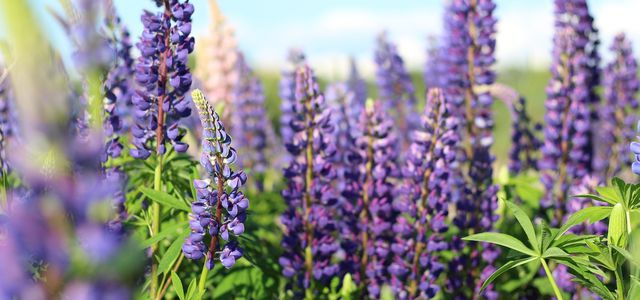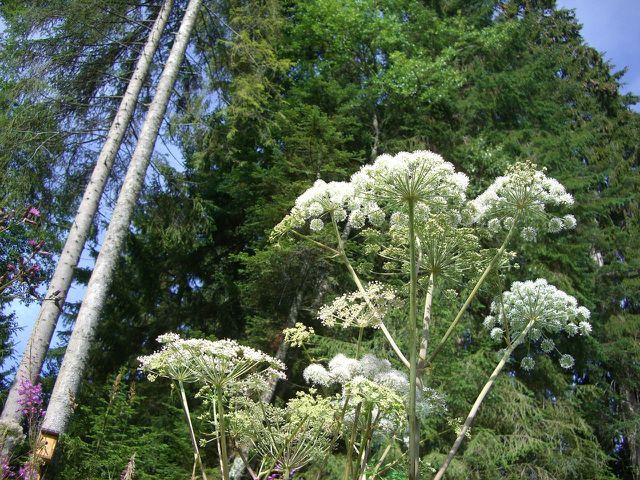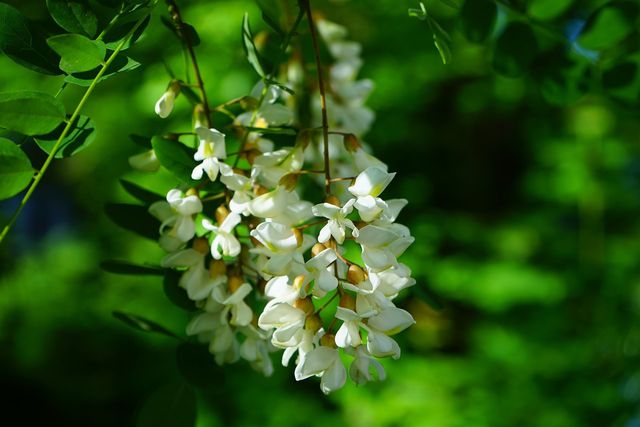
Our diet would be unthinkable without potatoes, wheat or tomatoes. However, these plants were not always native here, but are neophytes, i.e. species that have only become established here since the discovery of America in 1492.
Contents
What are neophytes?
Neophytes translated means nothing else than “new plants”. This means plants that were not always native to Europe. These plants only came to Europe with the discovery of the New World, i.e. from about the 16th century onwards.
That the plants came here was not always intentional: Many species were unintentionally introduced as seeds via trade routes. According to the Bavarian State Office for the Environment (LFU), about half of the neophytes were accidentally introduced.
Nearly one-third of all neophytes are ornamental plants, by the way, while 20 percent are agricultural crops. Agricultural plants that are considered neophytes include potatoes, corn and tomatoes, for example.
The fact that the plants were brought to us does not mean that they are able to survive here. According to the LFU Bavaria, only ten percent have been able to survive, and even fewer species have been able to spread to any great extent. Some plants, however, cause serious ecological problems.
By the way, plants that are also alien to our region, but which came to us before 1492, are called “archaeo-phytes”, i.e. “old plants”.
What problems do neophytes bring with them?

Only about 30 plant species have negative impacts on the environment into which they were introduced, according to LFU Bavaria. The species that bring ecological problems are called invasive species.
Neophytes often settle in places whose ecological balance has already been disturbed by humans anyway. These include roadsides and paths, industrial areas and railroad lines, or harbors.
Some species lack natural competition here. That’s why they crowd out native plants and, according to Spectrum, like to form monocultures. Some plants also alter the nutrient content in the soil, depriving rare species of habitat.
Some neophytes, such as giant hogweed, which originated in the Caucasus, are also toxic. Skin contact with giant hogweed, along with sunlight, can cause severe burns in humans.
Examples of neophytes in Europe

Robinia originates from North America and often displaces other plants by depriving them of light. It can also fix nitrogen from the air and convert it into nutrients, greatly altering the nutrient content in the soil.
Perennial lupine, native to the American Northwest, also provides nutrient enrichment. It has spread mainly in the Bavarian Forest, the Fichtel Mountains and the Rhön Mountains, but can be found all over Europe along highways.
Jerusalem artichoke was not always native. In part, it contributes to species richness; however, when it grows too densely along riverbanks, it displaces native plants.
Many other species that have become indispensable to our agriculture, gardens or cuisine are also not native:
Some types of lily and the strawflower come from Africa.
Corn, potatoes, tomatoes, peppers, sunflowers and petunias were brought from America.

